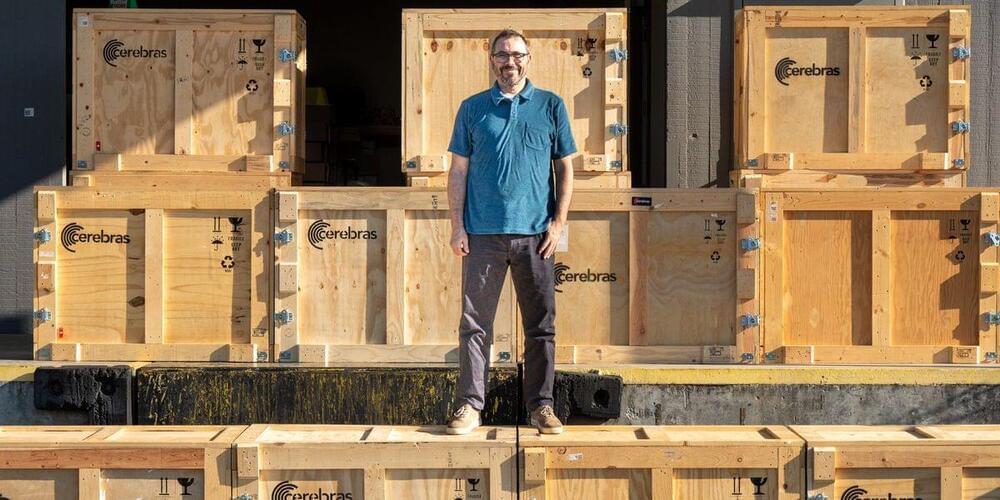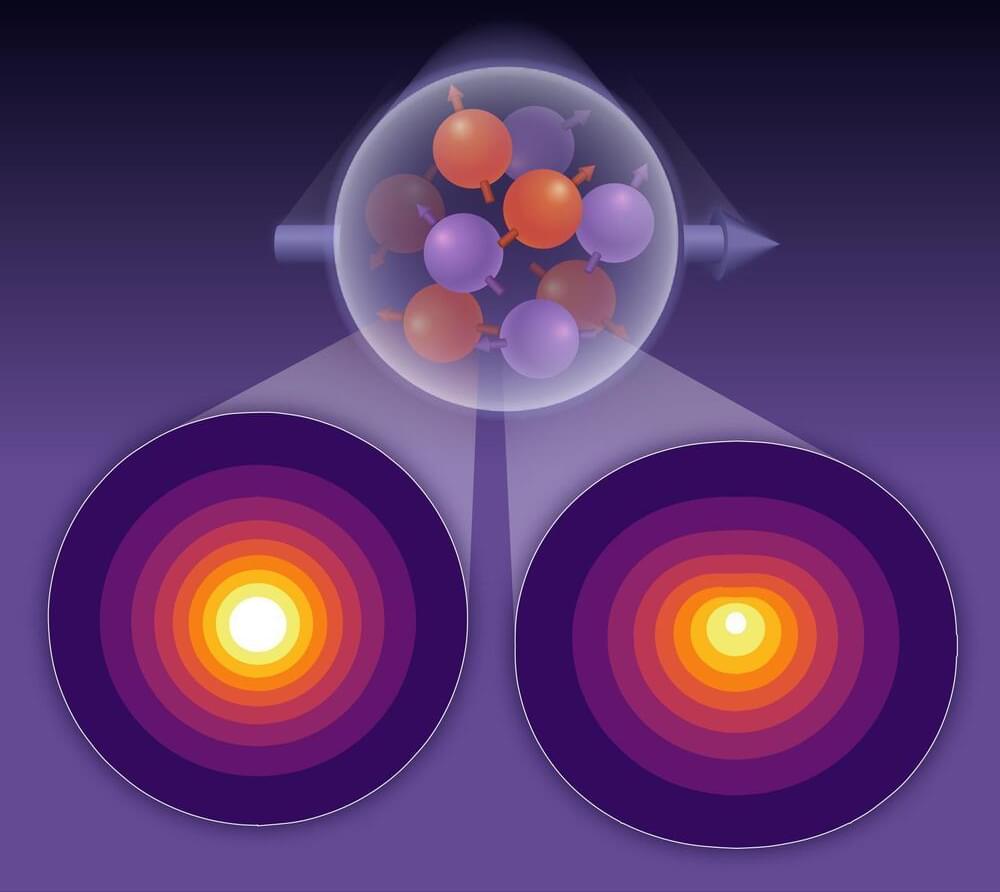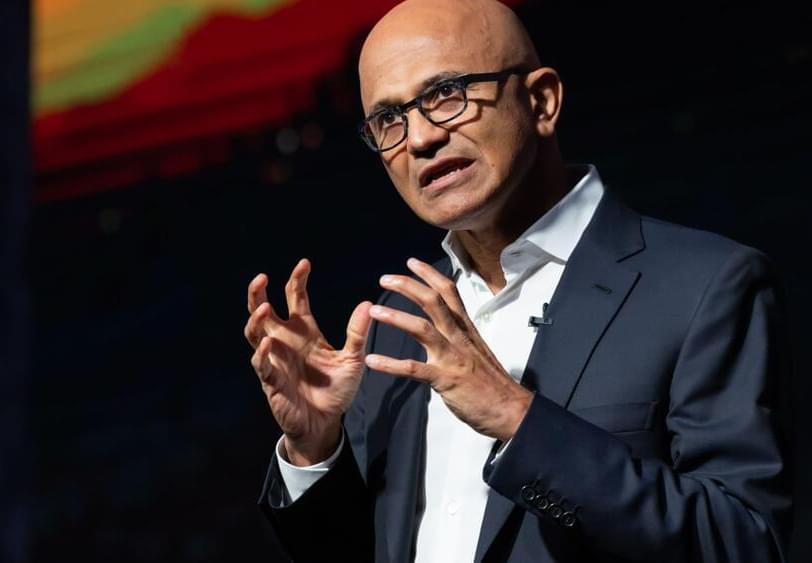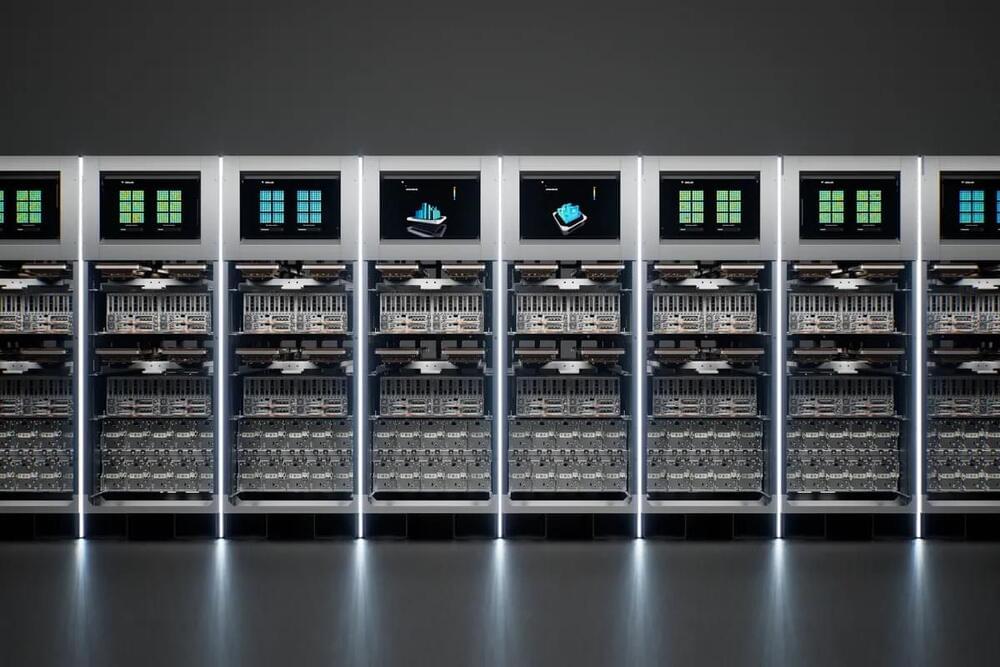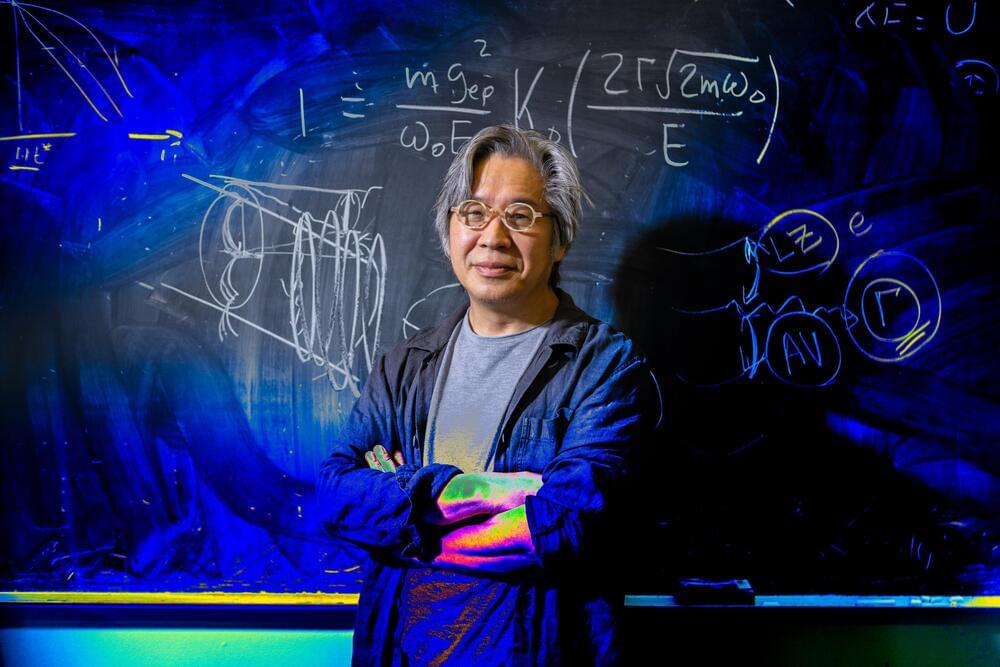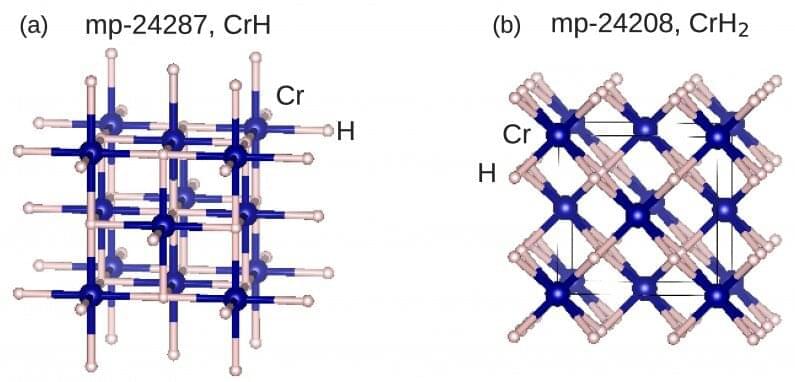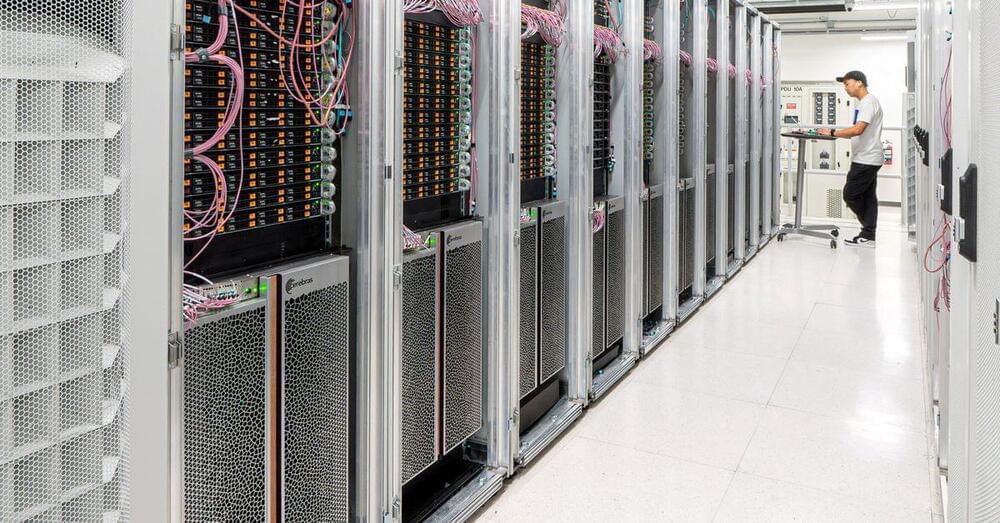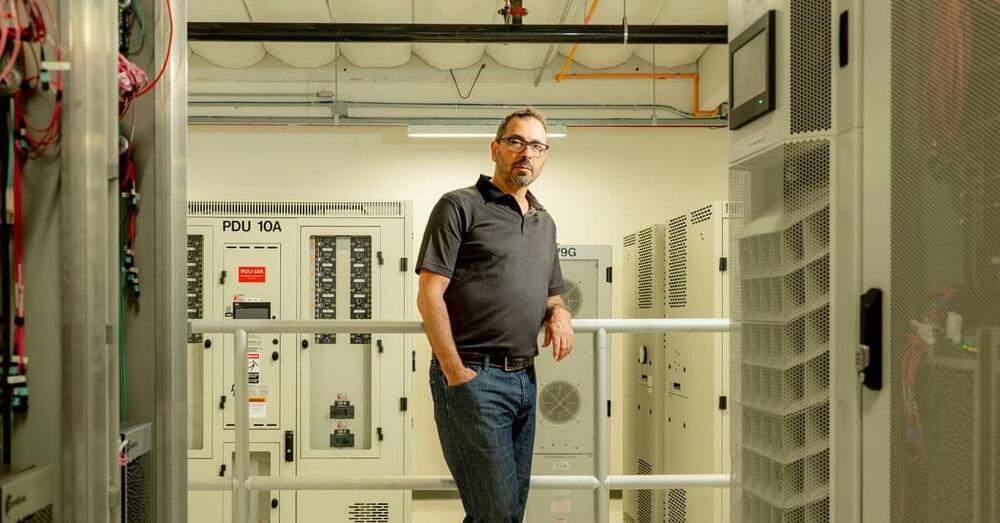Aug 9, 2023
Cerebras Builds Massive AI Supercomputer
Posted by Kelvin Dafiaghor in categories: food, robotics/AI, space, supercomputing
That’s how Andrew Feldman, CEO of Silicon Valley AI computer maker Cerebras, begins his introduction to his company’s latest achievement: An AI supercomputer capable of 2 billion billion operations per second (2 exaflops). The system, called Condor Galaxy 1, is on track to double in size within 12 weeks. In early 2024, it will be joined by two more systems of double that size. The Silicon Valley company plans to keep adding Condor Galaxy installations next year until it is running a network of nine supercomputers capable of 36 exaflops in total.
If large-language models and other generative AI are eating the world, Cerebras’s plan is to help them digest it. And the Sunnyvale, Calif., company is not alone. Other makers of AI-focused computers are building massive systems around either their own specialized processors or Nvidia’s latest GPU, the H100. While it’s difficult to judge the size and capabilities of most of these systems, Feldman claims Condor Galaxy 1 is already among the largest.
Condor Galaxy 1—assembled and started up in just 10 days—is made up of 32 Cerebras CS-2 computers and is set to expand to 64. The next two systems, to be built in Austin, Texas, and Ashville, N.C., will also house 64 CS-2s each.
